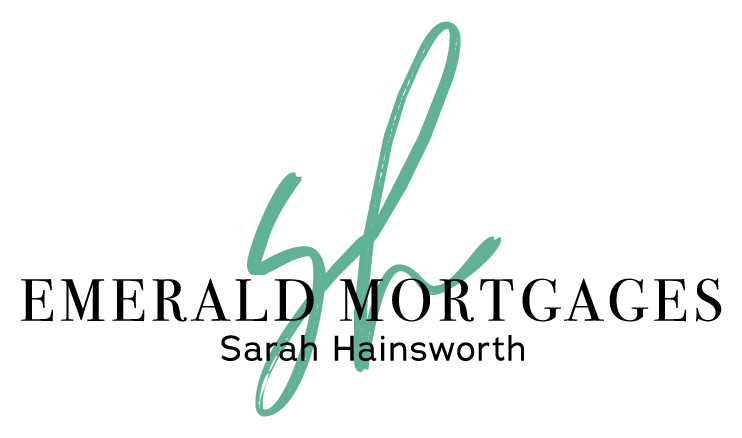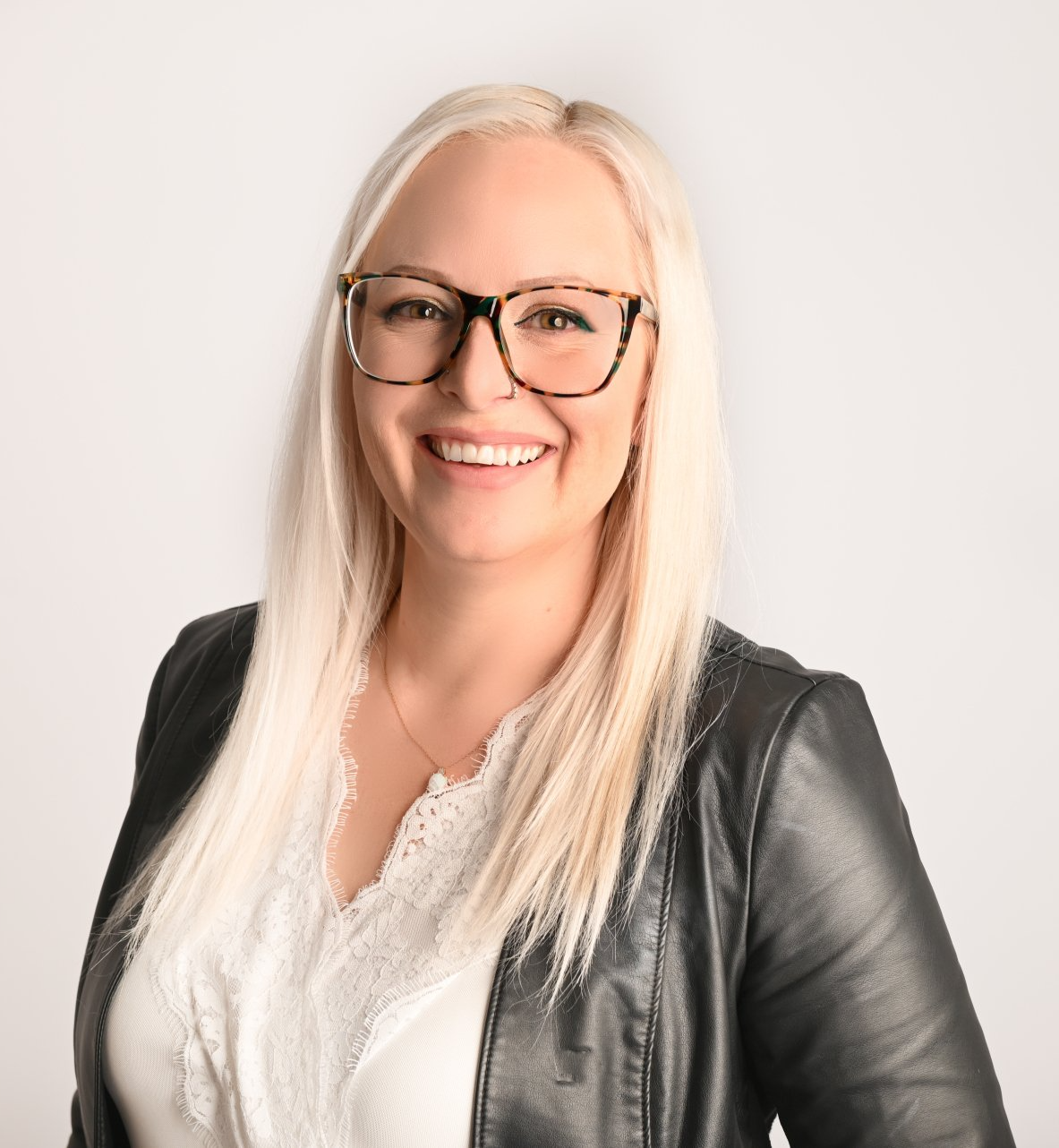Difference between Deposit and Downpayment

If you’re new to the home buying process, it’s easy to get confused by some of the terms used. The purpose of this article is to clear up any confusion between the deposit and downpayment.
What is a deposit?
The deposit is the money included with a purchase contract as a sign of good faith when you offer to purchase a property. It’s the “consideration” that helps make up the contract and binds you to the agreement.
Typically, you include a certified cheque or a bank draft that your real estate brokerage holds while negotiations are finalized when you offer to purchase a property. If your offer is accepted, your deposit is held in your Realtor’s trust account.
If your offer is accepted and you commit to buying the property, your deposit is transferred to the lawyer’s trust account and included in your downpayment. If you aren’t able to reach an agreement, the deposit is refunded to you. However, if you commit to buying the property and don’t complete the transaction, your deposit could be forfeit to the seller.
Your deposit goes ahead of the downpayment but makes up part of the downpayment.
The amount you put forward as a deposit when negotiating the terms of a purchase contract is arbitrary, meaning there is no predefined or standard amount. Instead, it’s best to discuss this with your real estate professional as your deposit can be a negotiating factor in and of itself.
A larger deposit may give you a better chance of having your offer accepted in a competitive situation. It also puts you on the hook for more if something changes down the line and you cannot complete the purchase.
What is a downpayment?
Your downpayment refers to the initial payment you make when buying a property through mortgage financing.
In Canada, the minimum downpayment amount is 5%, as lenders can only lend up to 95% of the property’s value. Securing mortgage financing with anything less than 20% down is only made possible through mortgage default insurance. You can source your downpayment from your resources, the sale of a property, an RRSP, a gift from a family member, or borrowed funds.
Example scenario
Let’s say that you are looking to purchase a property worth $400k. You’re planning on making a downpayment of 10% or $40k. When you make the initial offer to buy the property, you put forward $10k as a deposit your real estate brokerage holds in their trust account. If everything checks out with the home inspection and you’re satisfied with financing, you can remove all conditions. Your $10k deposit is transferred to the lawyer’s trust account, where will add the remaining $30k for the downpayment.
With your $40k downpayment made, once you sign the mortgage documents and cover the legal and closing costs, the lender will forward the remaining 90% in the form of a mortgage registered to your title, and you have officially purchased the property!
If you have any questions about the difference between the deposit and the downpayment or any other mortgage terms, please connect anytime. It would be a pleasure to work with you.




